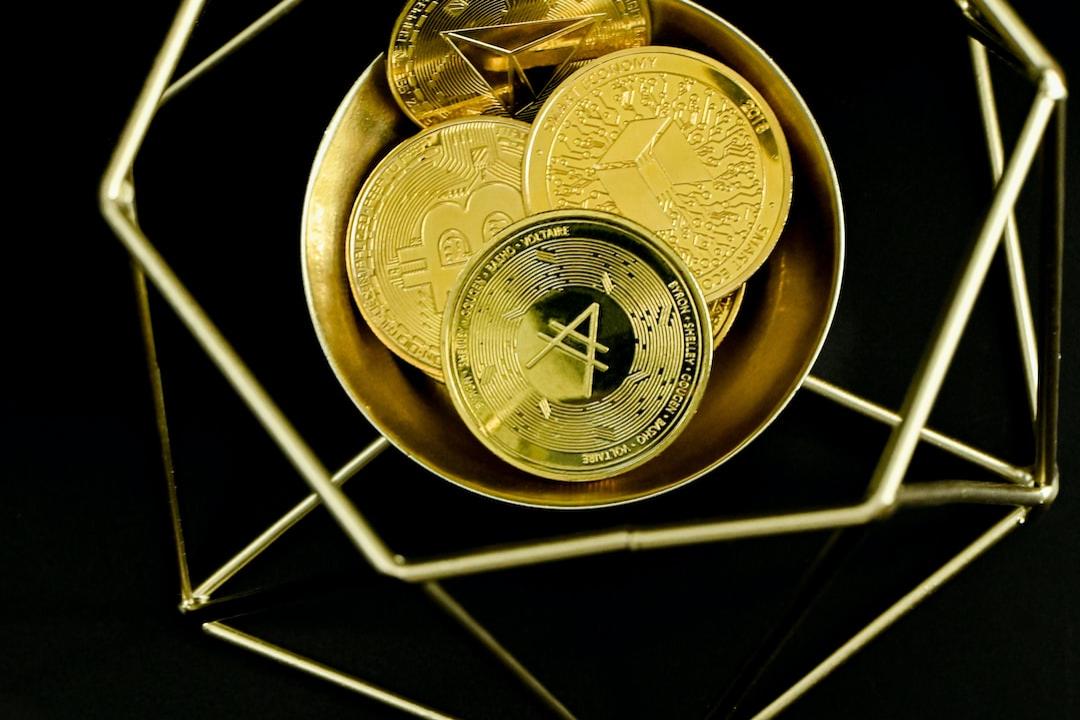The National Bank of Rwanda (BNR) has unveiled its recently completed feasibility study on a retail central bank digital currency (CBDC) and is now seeking public input. The BNR is exploring the development of a national digital currency that leverages the latest technological advancements and is specifically designed to suit local conditions.
The introduction of a retail CBDC would support Rwanda’s initiative to promote a cashless economy and enhance the resilience of the financial system, especially in light of frequent power outages that the country experiences. Despite the goal of transitioning to a cashless society, the BNR estimates that it will still spend $35 million on printing and maintaining physical cash over the next five years.
The BNR is proposing an interest-free, intermediated CBDC that can seamlessly integrate with existing payment systems in the country, as well as potentially with other CBDCs, once appropriate amendments are made to the Central Bank Act. The study recommends a token-based model with open programmability and smart contracts, rather than an account-based system.
By adopting tokenization, digital cash can be transferred offline using Bluetooth or Near Field Communication (NFC) technology, eliminating the need for a smartphone. This sets it apart from current electronic payment options.
However, the study acknowledges that programmability comes with its own challenges. The BNR foresees only limited anonymity for the retail CBDC.
Currently, payment service providers represent less than 0.9% of Rwanda’s financial sector. The sector faces various hurdles, including low financial literacy, high remittance costs, and a significant informal economy. The BNR believes that reducing the amount of physical cash in circulation could formalize a larger portion of the economy.
The study proposes the implementation of user fees and holding limits, although specific details are yet to be determined. The level of public acceptance for a CBDC remains an open question as well.
The BNR prefers a distributed database model over a distributed ledger for increased reliability. Its analysis draws on the CBDC Policy-Maker Toolkit developed by the World Economic Forum.
While tokenized wholesale CBDC projects have already been undertaken by companies like Mastercard and Ripple, as well as institutions like the European Central Bank and the Bank for International Settlements’ Project Agora, tokenization in a retail CBDC may be an innovative approach. Offline CBDC transfers are also currently being researched. China’s digital yuan shares some similarities with the solutions proposed by the BNR.
In other news, President Biden has embraced blockchain technology, recognizing its benefits and advocating for its widespread adoption.

